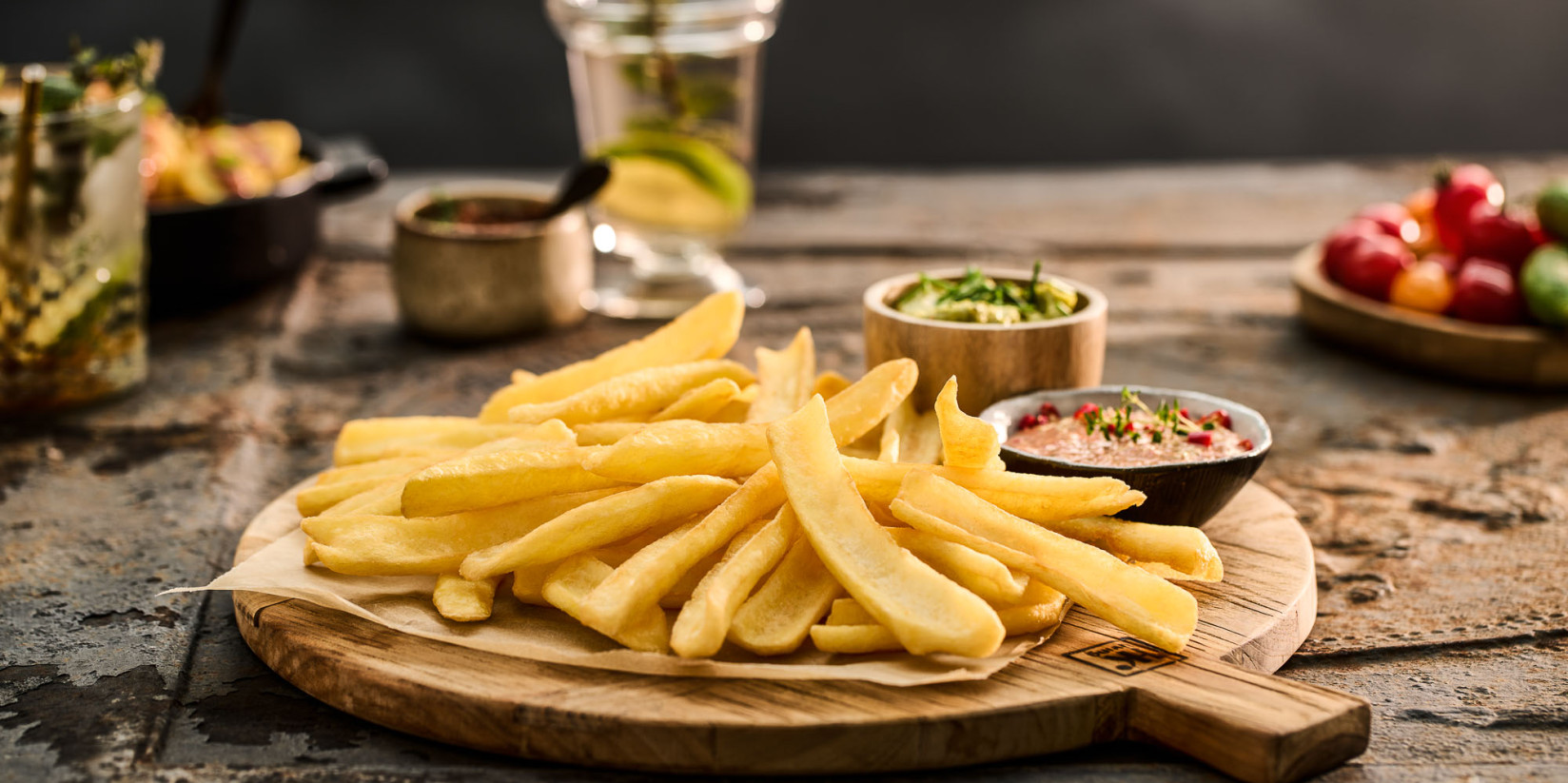
The steep rise of store brands: a temporary shift in consumer preferences or the new normal?

Affordability, availability, a pandemic
A fundamental factor that has been propelling the popularity of private labels is their affordability compared to traditional brands. McKinsey reveals that private labels consistently offer consumers cost savings ranging between 20-30% compared to branded counterparts. Fueled by the pandemic and growing price consciousness among consumers, private label is gaining traction among those who seek cheaper options without compromising on product quality.
Cheaper for the end consumer, and more profitable for the retailer. Why? Traditional brands typically allocate significant budgets for elaborate marketing campaigns and extensive advertising, all of which contribute to inflated product prices. In stark contrast, private labels prioritize streamlined production processes allowing, them to pass substantial cost savings onto consumers.
Not just the cheaper option
The misconception that private labels compromise on quality is rapidly eroding as retailers invest in enhancing the quality of their store brands. Private label producers such as Agristo have proven they can rival traditional brands in quality, lifting private labels to store brands or powerhouse brands: with a tiered approach and bespoke packaging, store brands stand out, even looking more appealing than traditional brands, emphasizing superior quality and taste.
Store brand are also able to innovate swiftly. This agility enables them to respond quickly to shifting consumer preferences and emerging market trends. The capacity for innovation positions private labels as frontrunners in catering to evolving consumer demands, challenging the conventional notion that traditional brands are synonymous with cutting-edge products. Today, it’s often the traditional brands that have to settle with a lagging copycat approach.
Capturing (long-term) loyalty
The narrative surrounding private labels has undergone a significant shift in recent years. Once associated with generic and lower-quality products, store brands are now earning recognition for their value proposition and quality assurance.
As consumer trust in private labels grows, so does brand loyalty. Insights have shown store brands are able to cultivate customer loyalty comparable to that of traditional brands, especially when consumers recognize the value and quality they consistently deliver. This evolving perception marks a departure from the historical bias favoring traditional brands, signaling a broader shift in consumer attitudes toward value-driven purchases.
Sign of the times or lasting evolution?
Store brands definitely have become a force to be reckoned with, driven by factors such as cost-effectiveness, quality enhancement, and consumer loyalty and shifted into overdrive thanks to recent economic developments. Retailers will have to capitalize on this development by finetuning their tiering strategy, maybe even creating store brands for each category or going beyond the 3-tiered approach with a focus on specific target audiences such as families or foodies. Because own labels have become brands and retailers should nurture their potential.
